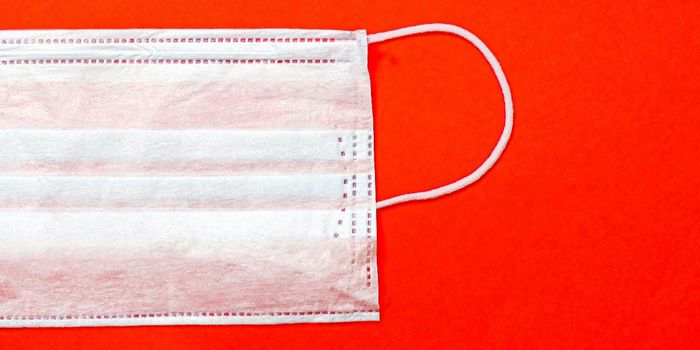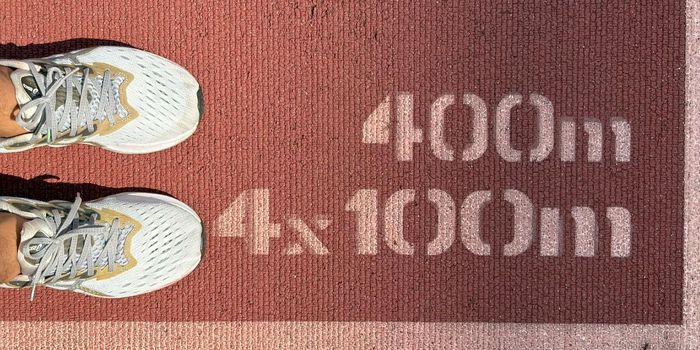Have you ever had trouble breathing? People with chronic obstructive pulmonary disease (COPD) have trouble breathing all the time. They experience shortness of breath, chronic coughing, and wheezing.
COPD is the fourth leading cause of death in the U.S. Most people who have COPD smoke cigarettes or used to smoke. Long-term exposure to air pollution, chemical fumes, and dust also contribute to developing COPD. Patients with the disease often feel socially isolated. Many are unable to get medical services and are not offered adequate medical treatment.
Unfortunately, there is no cure for COPD. Treatment focuses on relieving the symptoms and keeping it from becoming worse. Now, a study claims music therapy is an effective treatment when used with standard rehabilitation.
Researchers at The Louis Armstrong Center of Music and Medicine at Mount Sinai Beth Israel wanted to know whether music therapy was effective in treating COPD. They observed 68 participants with chronic disabling respiratory diseases such as COPD and lung disease. A randomized group of participants attended both weekly music therapy sessions and traditional rehabilitation.
Music therapy uses music to complete individualized therapeutic goals. Each session included live music, visualizations, playing wind instruments, and singing. Both playing wind instruments and singing involved learning breath control techniques. The certified music therapists used the patients' preferred music. By doing so, they encouraged self-expression and increased patient engagement in therapeutic activities. By being more involved, the participants gained a greater opportunity to cope with the challenges of their disease.
The researchers followed the participants for six weeks. The results showed patients who received music therapy, in addition to standard rehabilitation, experienced an improvement in their symptoms, psychological well-being, and quality of life. They had fewer symptoms of depression than the patients receiving rehabilitation. Additionally, they experienced less fatigue and dyspnea (shortness of breath).
The medical field is exploring ways to manage chronic illnesses without primarily focusing on diagnosis and morbidity, said Joanne Loewy, Director of the Louis Armstrong Center for Music and Medicine. Instead, the focus is moving towards finding methods that aim to improve the patients' quality of life. Doctors want to enhance their patients lives on a daily basis through identifying the patients' culture, motivations, home trends and their feelings on their daily routines.
"Music therapy has emerged as an essential component to an integrated approach in the management of chronic respiratory disease," said Jonathan Raskin, co-author of the study and Director of the Alice Lawrence Center for Health and Rehabilitation. "The results of this study provide a [basis] for the establishment of music therapy intervention as part of pulmonary rehabilitation care."
The study was published in the journal
Respiratory Medicine.
Sources:
Study abstract via Respiratory Medicine,
press release via
EurekAlert!, the
National Heart, Lung, and Blood Institute of the
U.S. Department of Health and Human Services









